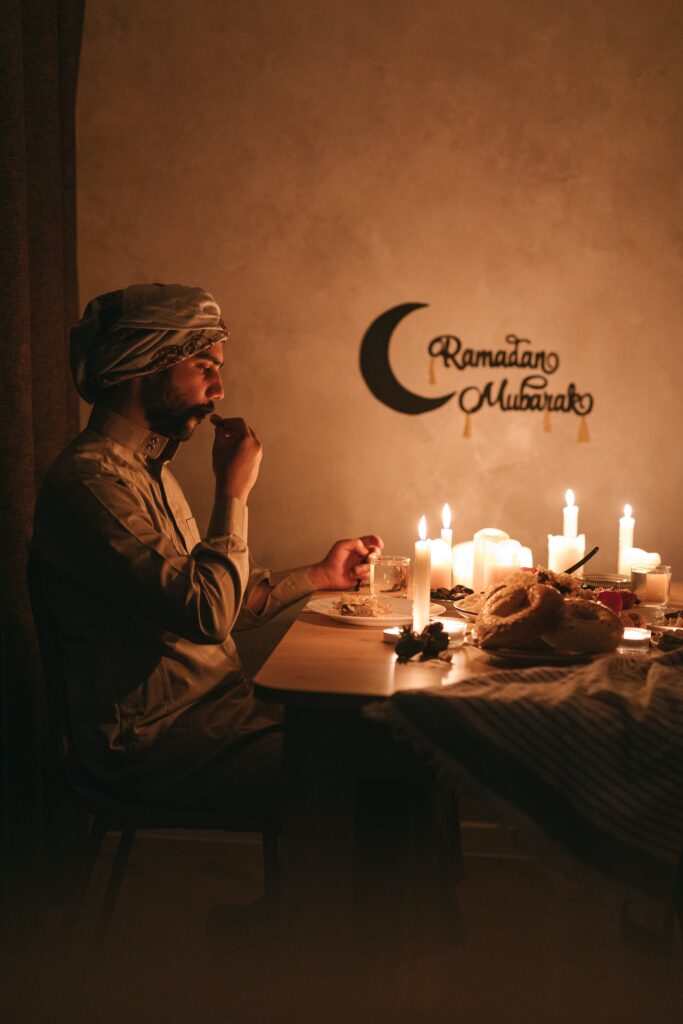Food is more than just sustenance; it is a powerful cultural and social force that unites people, marks significant moments, and fosters a sense of belonging. In this blog post, we’ll delve into the fascinating and multifaceted role of food in celebrations, rituals, and traditions.
The Universal Language of Food
Food is a universal language that transcends borders, languages, and differences. It brings people together, fostering connections, creating memories, and establishing cultural identities.
Celebrations and Rituals
Food takes center stage in celebrations and rituals around the world. From birthdays and weddings to religious ceremonies and cultural festivals, here’s how food plays a pivotal role in these special occasions:



1. Festive Feasts
One of the most common ways that food is incorporated into celebrations is through festive feasts. These elaborate meals are designed to bring people together, mark special occasions, and honor cultural traditions.
2. Symbolic Dishes
Many cultures have specific dishes that hold deep symbolic meaning. These dishes are prepared and consumed during rituals to represent themes such as prosperity, fertility, and unity. For example, in Chinese culture, dumplings are often eaten during the Lunar New Year to symbolize wealth and good fortune.
3. Rituals of Remembrance
Food is often used to commemorate loved ones and remember those who have passed away. Day of the Dead in Mexico, for instance, involves preparing ofrendas (altars) with the deceased’s favorite foods to celebrate their lives.
4. Religious Observances
Religious ceremonies and festivals frequently involve food offerings, symbolizing devotion and spiritual significance. In Hinduism, offerings of prasadam (blessed food) are made during puja (worship) and distributed to devotees.
5. Culinary Heritage
Food can also be a way to preserve cultural heritage and pass down traditions. Grandmothers and elders often play a crucial role in teaching younger generations how to prepare traditional dishes and uphold cultural culinary practices.
Creating Shared Moments
Food is not just about sustenance; it’s about sharing moments and building connections. The act of preparing and enjoying food together fosters a sense of togetherness and strengthens social bonds.
Family Gatherings
Whether it’s a Sunday dinner, a holiday feast, or a simple picnic in the park, food often serves as a focal point for family gatherings, bringing generations together.
Socializing and Bonding
From potluck dinners with friends to casual meet-ups at a local café, food plays a vital role in socializing and bonding. It provides a platform for conversation, laughter, and the creation of lasting memories.
Conclusion
The role of food in celebrations and rituals is a testament to its power to transcend cultural boundaries, bring people together, and preserve traditions. Whether it’s a festive feast that unites a community, a symbolic dish that carries deep meaning, or a simple meal shared with loved ones, food plays an integral part in the fabric of human culture.
The next time you participate in a celebration or ritual, take a moment to appreciate the profound connection between food and culture. It’s a reminder of the rich tapestry of traditions that shape our world, one delicious bite at a time.

